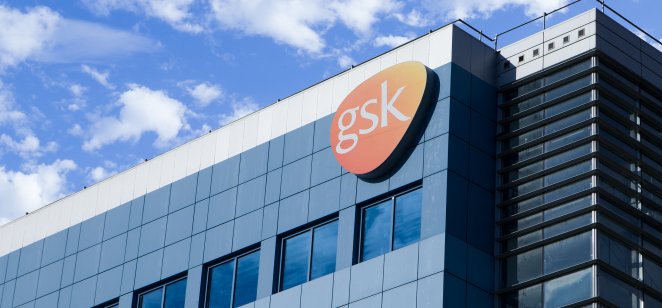GSK share solidification: what number GlaxoSmithKline stocks will financial backers lose post Haleon demerger?
UK biotech firm, GlaxoSmithKline (GSK) decided on Wednesday 6, July to proceed its arrangements to veer off its customer medical services business into another organization called, Haleon.
99.8% of GSK investors decided in favor of the demerger, which will see Haleon recorded as an isolated organization on the London Stock Exchange (LSE) on July 18. Haleon will be the new home of brands like Sensodyne and Panadol.
In January, GSK dismissed a £50bn ($59BN) bid by Unilever (ULVR) for its buyer medical services business. It was accounted for in the Financial Times that GSK CEO expressed that the vote by investors to complete the demerger has simply assisted with justifying GSK’s choice to dismiss Unilever’s proposition.
The purchaser wellbeing business is as of now a joint endeavor between GSK, which possesses 68% and Pfizer (PFE), which has 32%.
What’s the significance here for investors?
As the demerger does now have the last close down, how might this affect investors who have a stake in GSK?
Once the demerger happens, financial backers will get one offer in Haleon for each current GSK share that they own, this will leave financial backers possessing 54.5% of the new business.
When Haleon begins to exchange, GSK plans to exchange without the worth of the buyer medical care business remembered for the offers.
“After the end of day 1 exchanging, GSK merges its current offers, returning the offer cost to around equivalent to before demerger. This will guarantee similarity of the organization’s profit per endlessly share cost with past periods,” GSK explanation said.
On June 1, GSK reported it will leave on share solidification and certain new plans “to give impact to the Demerger.”
What is share combination?
Share solidification is a specialized change, which basically decreases all offers held by investors and when all investors are impacted no one misses out. The quantity of offers will be less, yet the rate proprietorship and worth of every investors venture will continue as before.
What is an opposite stock split?
An opposite stock split happens when public corporations partition the quantity of exceptional offers by a specific sum. This will diminish the quantity of extraordinary offers however increment the cost per portion of those exceptional offers.
Will GSK stock go up after share solidification?
In a proclamation by GSK, it said that once GSK begins to exchange without the worth of the buyer medical care business included, its portion cost is probably going to fall. Notwithstanding, after the end of the very first moment of exchanging without its purchaser medical services division, GSK will combine its current offers, which will make its portion value return to a similar cost as before the demerger, guaranteeing likeness of the organization’s profit per endlessly share cost with past periods.

